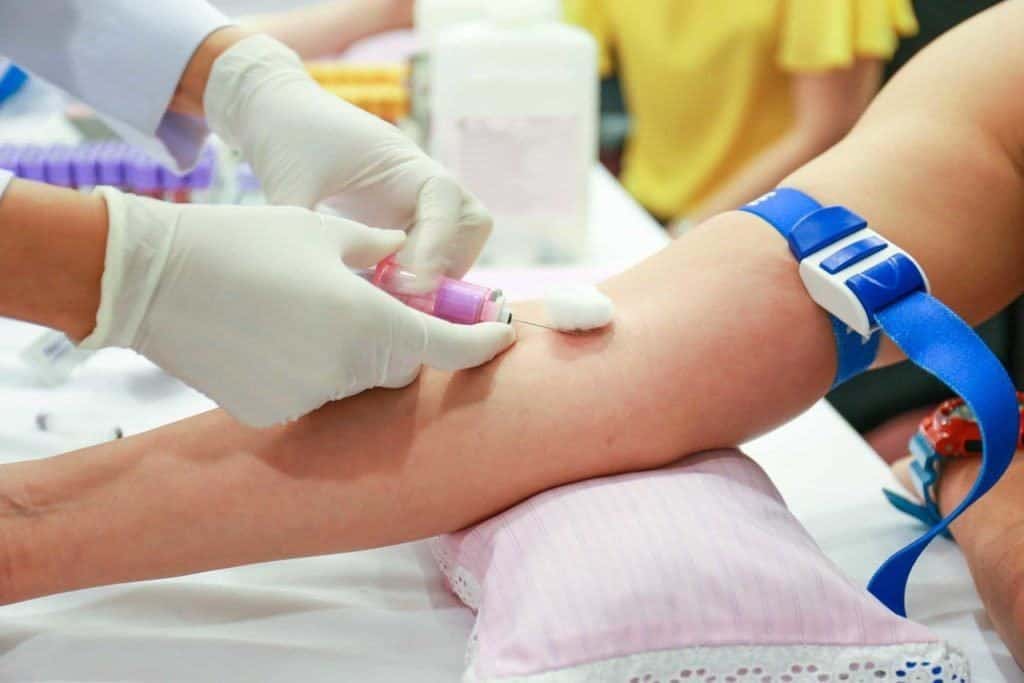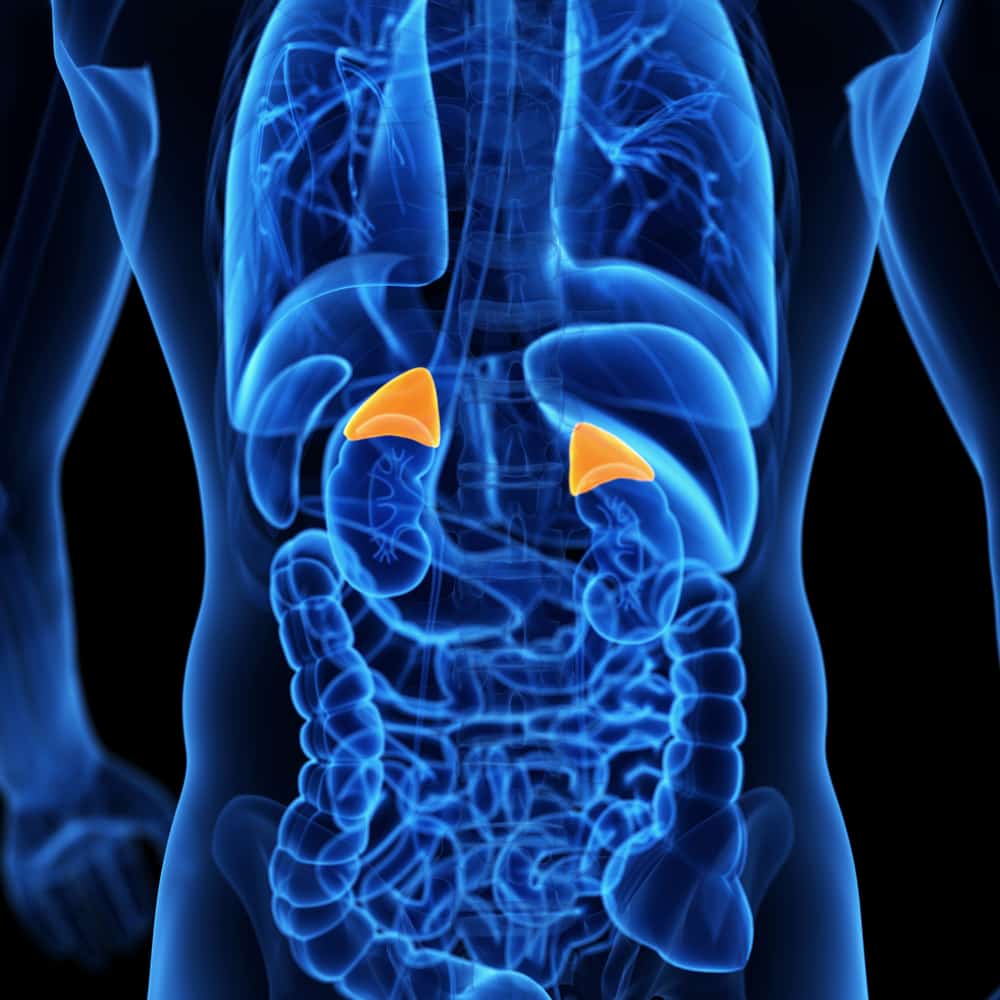Contents:
- Medical Video: C-Peptide – The Most Important Blood Test for Diabetes
- Important facts about the test of autoantibodies
- 1. When should I take an autoantibody test?
- 2. How to get a blood sample for the test?
- 3. What preparations for the test should I do?
- 4. Can this test diagnose diabetes?
- 5. Do ICA, GADA, and IA-2A autoantibodies destroy beta cells?
- 6. Can detecting beta cell damage in the beginning prevent diabetes?
- 7. Is there anything else that must be known?
- Autoantibody test for research
Medical Video: C-Peptide – The Most Important Blood Test for Diabetes
After receiving a diagnosis that you have type 1 diabetes, your doctor will generally recommend you for an autontibody test. What is an autoantibody test? What should I know?
Important facts about the test of autoantibodies
1. When should I take an autoantibody test?
This test must be followed when you are first diagnosed with diabetes. An autoantibody test is done to help determine whether your diabetes is related to autoimmune diseases or not.
In addition, this test aims to check whether you are diabetic who can be treated with diet or medication, it is difficult to keep blood sugar levels normal, or even diagnose type 1 diabetes, not type 2.
There are 4 most common tests of autoantibodies associated with diabetes, namely:
- Islet Cell Cytoplasmic Autoantibodies (ICA)
- Glutamic Acid Decarboxylase Autoantibodies (GADA)
- Insulinoma-Associated-2 Autoantibodies (IA-2A)
- Insulin Autoantibodies (IAA)
About 5 percent of all cases of type 1 diabetes caused by autoimmune problems are diagnosed in people less than 20 years old. Symptoms of diabetes such as frequent urination, severe thirst, drastic weight loss, and poor wound healing occur when around 80-90 percent of beta cells in type 1 diabetes have been destroyed and are no longer able to produce insulin.
The body needs insulin every day, so glucose can enter the cell and be used to produce energy. Without enough insulin, beta cells will starve and produce high blood sugar (hyperglycemia). Acute hyperglycemia can cause a medical crisis of diabetes. While chronic hyperglycemia can damage blood vessels and body organs such as the kidneys.
2. How to get a blood sample for the test?
An autoantibody test is done by taking a blood sample in your body. Blood samples are obtained by inserting a needle into a vein in the arm.
3. What preparations for the test should I do?
You do not need any preparation such as fasting or taking special medication before undergoing this test.
4. Can this test diagnose diabetes?
An autoantibody test is not to check whether you have diabetes or not. This examination is only done to diagnose people with type 1 diabetes or other types through blood glucose testing or A1c. An autoantibody test is also used to distinguish whether you have type 1 diabetes or type 2 diabetes.
5. Do ICA, GADA, and IA-2A autoantibodies destroy beta cells?
ICA, GADA, and IA-2A tests are tests related to beta cell damage and describe the ongoing autoimmune process in the body of people with diabetes. However, this test is not a test that predicts the cause of beta cell damage.
6. Can detecting beta cell damage in the beginning prevent diabetes?
For now it can't. This initial detection is only possible to treat diabetes as quickly as possible when symptoms appear such as frequent urination, weight loss, and high blood glucose (hyperglycemia).
This autoantibody test can also help control a person's diabetes blood sugar and help minimize the occurrence of complications. The most dangerous complications of diabetes include kidney and eye damage, strokes, and leg amputations.
7. Is there anything else that must be known?
GADA and IA-2A autoantibody tests are more common tests and are widely available in health centers such as hospitals and laboratories.
The group of autoantibodies can also be seen in people with other autoimmune endocrine disorders, such as Hashimoto's thyroiditis or autoimmune diseases Addison.
Autoantibody test for research
In the rules of the study, this autoantibody test can be used to help predict the development of type 1 diabetes in affected family members. In general, the more groups of autoantibodies that people who do not have diabetes in their blood have, the higher their risk of developing type 1 diabetes.
If a diabetic person who has one or more autoantibodies has a low insulin response, then he is more at risk for type 1 diabetes. Especially in families with diabetes.
Because there is currently no effective treatment for preventing type 1 diabetes, examining cases of people who have more than one group of autoantibodies or check-up families with diabetes are not recommended, except for research.












